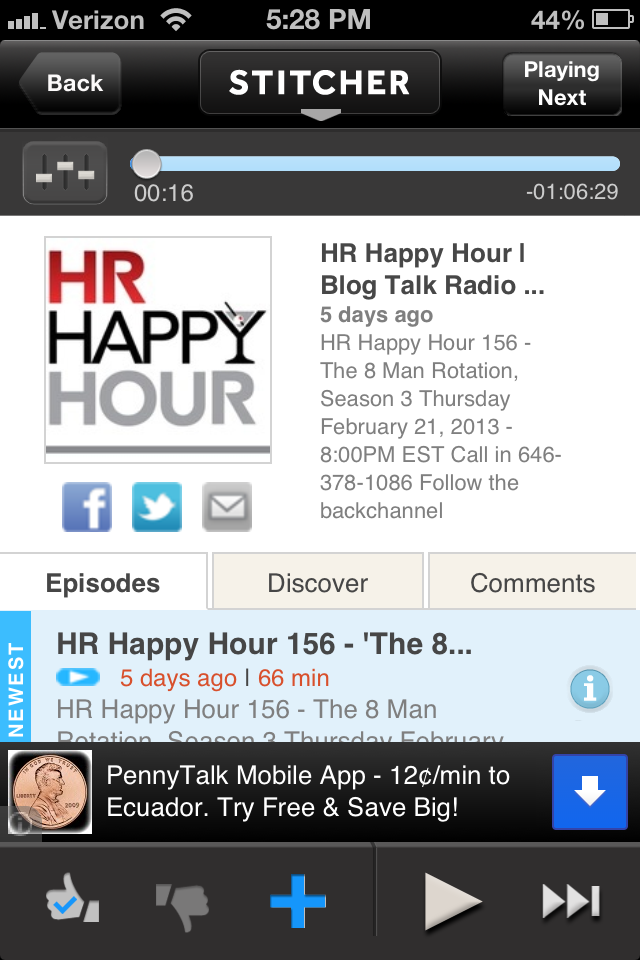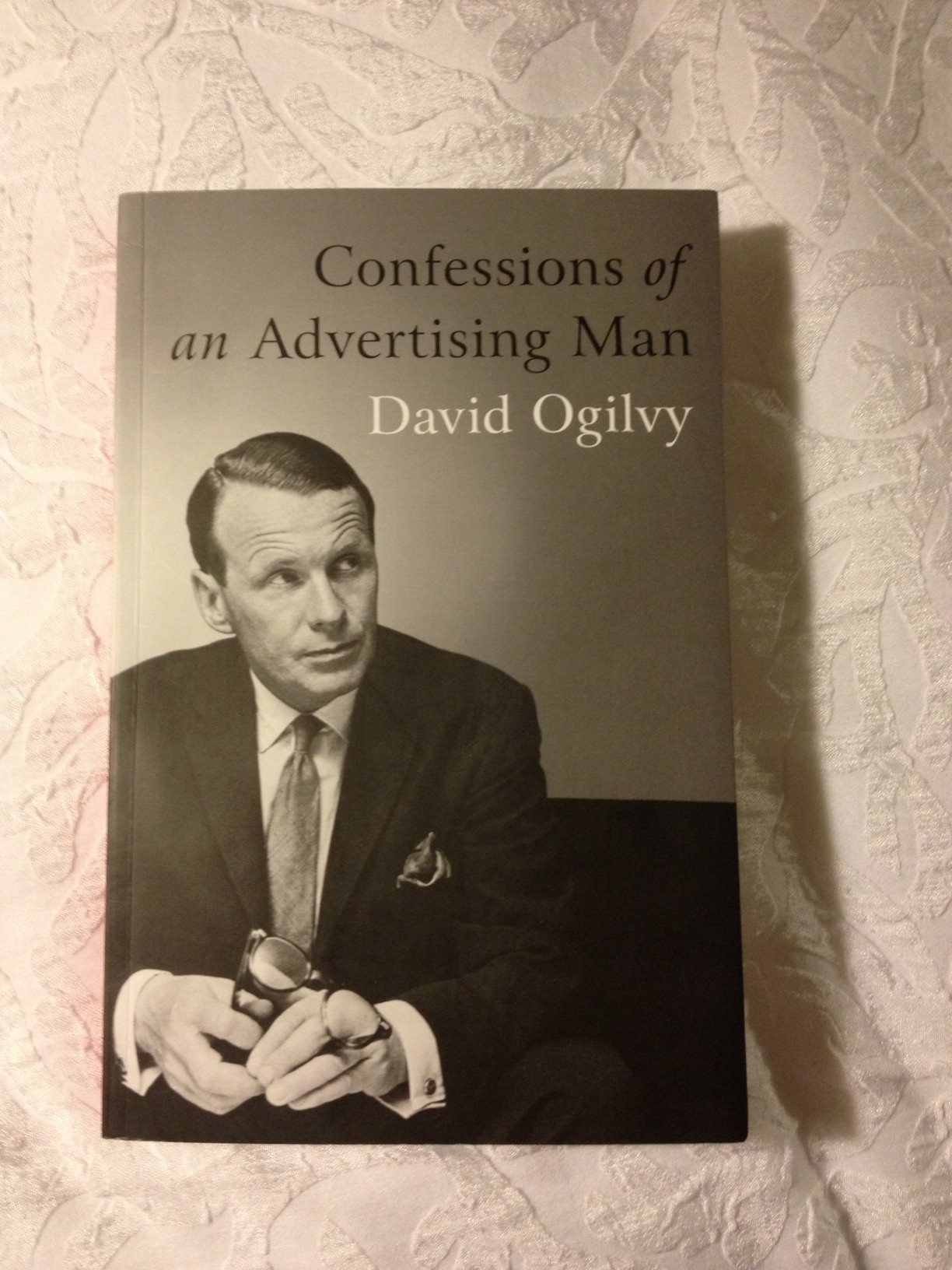I want to hate these 'Lessons Learned' but I can't
I pretty much can't stand the phrase 'Lessons Learned'.
It could be due to seeing it once too often at the end of a really dull presentation (where one of the 'Lessons' never seems to be the presenter saying 'Don't hire me again to speak'), or that even if the presentation was solid that seeing a slide called 'Lessons Learned' seems to imply that all you really need to do is remember these things and everything will be peaches and cream.
I think the 'Lessons Learned' slides usually become the framework or outline for what eventually comes to be called 'Best Practices', and we all, (or most of us anyway), know what we think about Best Practices. So for me, just like Best Practices, I generally take anyone's 'Lessons Learned' with a grain of salt (where did that phrase come from?), and normally don't put too much stock in them. Every person's or organization's background, experience, and way of viewing the world is unique - and we can get into at worst real trouble, or at best fall into dull mimicry, by taking too much stock in either 'Lessons Learned' or Best Practices.
But a week or two ago, one of the smartest list of 'Lessons', this one from legendary Wall Street investor and executive Byron Wien from Blackstone was posted on the firm's blog. Titled smply 'Blackstone's Byron Wien Discusses Lessons Learned in His First 80 Years', the list includes some really sharp, relevant, and balanced ideas or recommendations or simple bits of easily forgotten common sense that someone with the benefit of years and years of experience can offer.
You should take a few minutes to read through Mr. Wien's list - but in case you are you know - super, super busy this morning, I will cherry-pick what I think are the most cutting, insightful, and helpful ones below:
Lesson #1 - Networking
'Network intensely. Luck plays a big role in life and there is no better way to increase your luck than by knowing as many people as possible. Nurture your network by sending articles, books and emails to people to show you’re thinking about them. Write op-eds and thought pieces for major publications. Organize discussion groups to bring your thoughtful friends together.'
Lesson #2 - Be Likeable
'Younger people are naturally insecure and tend to overplay their accomplishments. Most people don’t become comfortable with who they are until they’re in their 40’s. By that time they can underplay their achievements and become a nicer more likeable person. Try to get to that point as soon as you can.'
Lesson #3 - EVOLVE
'Try to think of your life in phases so you can avoid a burn-out. Do the numbers crunching in the early phase of your career. Try developing concepts later on. Stay at risk throughout the process.'
Pretty great, right?
Especially the idea about staying at risk throughout your career, or at least engaging with as much risk, fear, or even unknown as you can manage. Safe is safe, and while it (sometimes) means 'secure' it often turns into 'boring'.
So yes, I still hate 'Lessons Learned'. But I made an exception for Mr. Wien's list. And I will make an exception for you too - once you hit 80 years old.
Have a Great Week!

 Steve
Steve


